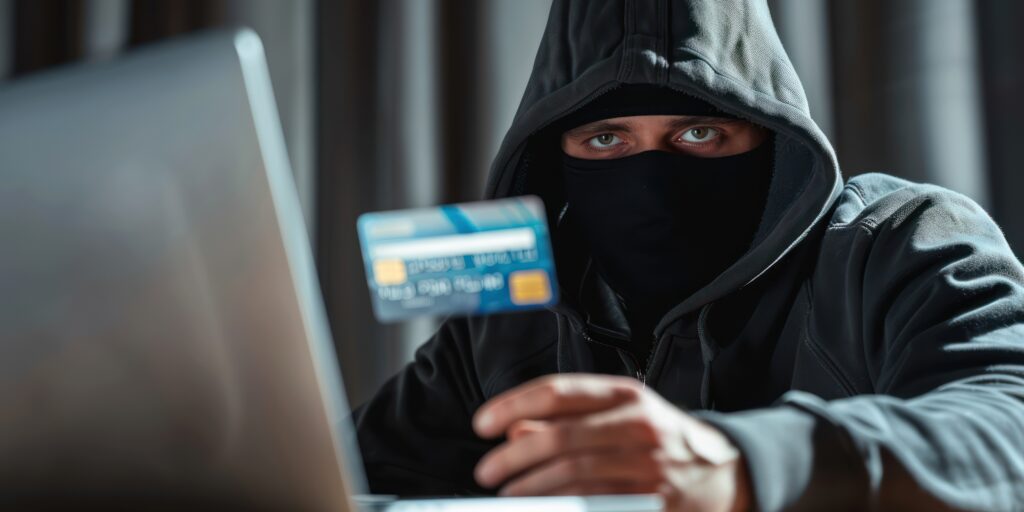
Freelancing offers freedom and flexibility, but it also has a dark side: scams. If you’ve been bombarded with “amazing opportunities” that seem too good to be true, you’re not alone. This guide equips you with the tools to identify and avoid freelance scams, protecting your time, money, and sanity.
The Scamdemic: Why Freelancers Are Prime Targets
Freelancers, especially those starting out, are prime targets for scammers. Why? We’re often eager for work, actively searching for opportunities, and sometimes, a little too trusting. Scammers exploit this eagerness, dangling enticing projects with promises of easy money. But these “dream jobs” often turn into nightmares, leaving freelancers with unpaid invoices, stolen personal information, or even legal trouble. Let’s face it, the freelance world can be a bit of a Wild West, but with a little vigilance, you can outsmart the outlaws.
Identifying and Avoiding Freelance Scams: Red Flags and Best Practices
Here’s your essential guide to navigating the treacherous terrain of freelance scams:
1. Too Good to Be True? Probably Is.
If a project sounds too good to be true – ridiculously high pay for minimal work, glowing testimonials with no verifiable sources, or promises of instant success – it’s almost certainly a scam. Trust your gut. If something feels off, it probably is.
2. Upfront Fees: A Major Red Flag
Legitimate clients never ask for money upfront. Scammers often request payment for “training materials,” “software,” or “account verification.” This is a classic scam tactic. Run, don’t walk, away from any client who demands payment before you’ve even started working.
3. Vague Project Descriptions and Requirements
Scam projects often have vague or overly simplistic descriptions. They lack detail and avoid specifying concrete deliverables. Legitimate clients, on the other hand, provide clear project briefs outlining the scope of work, specific requirements, and desired outcomes. If the client can’t articulate what they want, they probably don’t know themselves, and that’s a recipe for disaster.
4. Pressure to Act Quickly: Don’t Rush into Anything
Scammers often create a sense of urgency, pressuring you to accept the project immediately. They might claim the “opportunity is limited” or that they have “other freelancers waiting.” Don’t fall for it. Legitimate clients understand that freelancers need time to evaluate projects and negotiate terms. Take your time, do your research, and never feel pressured to make a hasty decision.
5. Suspicious Communication: Grammar Errors, Generic Emails, and Odd Requests
Scam emails and messages often contain grammatical errors, typos, and awkward phrasing. They might use generic greetings like “Dear Freelancer” or send messages from free email accounts (e.g., Gmail, Yahoo) rather than professional business addresses. Be wary of requests for personal information unrelated to the project, such as your social security number or bank account details. Example: A client asking for your driver’s license number for a logo design project? Major red flag.
6. Requests for Free Work “Samples”: Value Your Skills
Some scammers try to get free work by asking for “samples” or “test projects” that are suspiciously similar to the actual project scope. While it’s reasonable for clients to review your portfolio, they shouldn’t expect you to complete free work under the guise of a “test.” Value your skills and your time. Never work for free.
7. Unverifiable Client Information: Do Your Research
Before accepting any freelance project, research the client. Check their website, LinkedIn profile, and online presence. Look for reviews or testimonials from other freelancers. If you can’t find any information about the client, or if the information seems inconsistent or fabricated, proceed with caution. A little online sleuthing can save you a lot of headaches.
8. Secure Payment Methods: Protecting Your Earnings
Use secure payment methods like PayPal, Stripe, or escrow services. Avoid unconventional payment methods like wire transfers or cryptocurrency, especially for new clients. Discuss payment terms before starting the project and ensure you have a clear agreement in writing. Check out our guide to setting up secure payment methods for freelancers: Freelance Pricing: Hit Your Earning Sweet Spot!
9. Trust Your Instincts: If It Feels Wrong, It Probably Is
Your gut is often your best defense against scams. If something feels off, trust your instincts. It’s better to err on the side of caution and decline a project than to risk getting scammed. Remember, your time, skills, and peace of mind are valuable assets. Protect them.

Building a Scam-Proof Freelance Career
The freelance world offers incredible opportunities, but it’s essential to be vigilant. By learning to recognize the red flags of freelance scams and following these best practices, you can protect yourself from fraud and build a successful and secure freelance career. For further information on protecting yourself as a freelancer, check out this resource: How to protect yourself online as a freelancer


